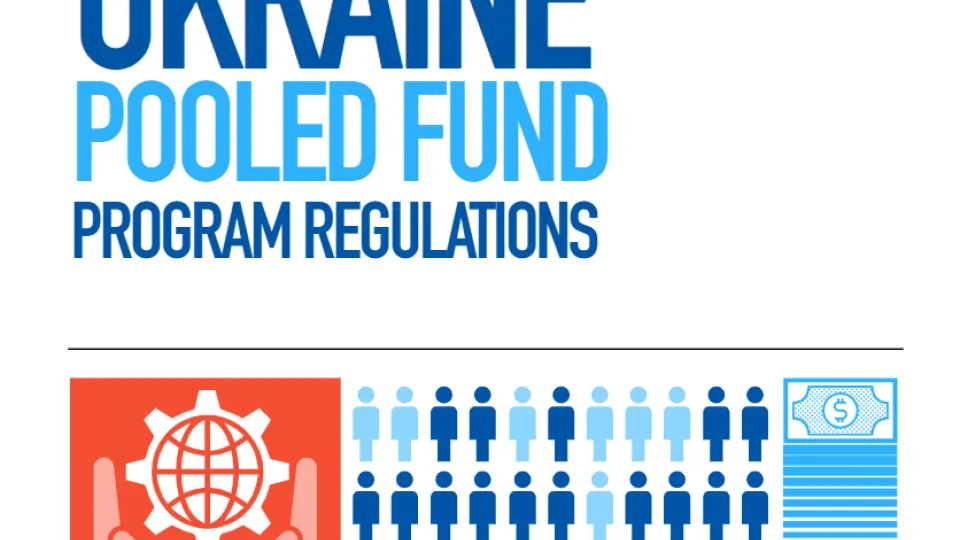
Ukraine Pooled Fund - Program Regulations
This handbook is essential to understand how to work with the Ukraine Pooled Fund.

This handbook is essential to understand how to work with the Ukraine Pooled Fund.
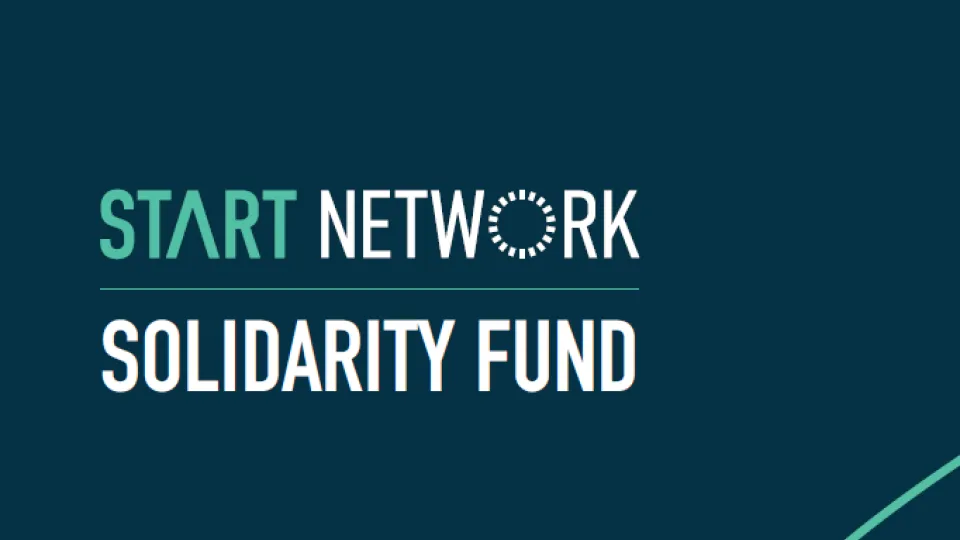
Start Network is launching the Solidarity Fund, supported by the IKEA Foundation, to help humanitarian organisations continue their operations despite widespread funding reductions.
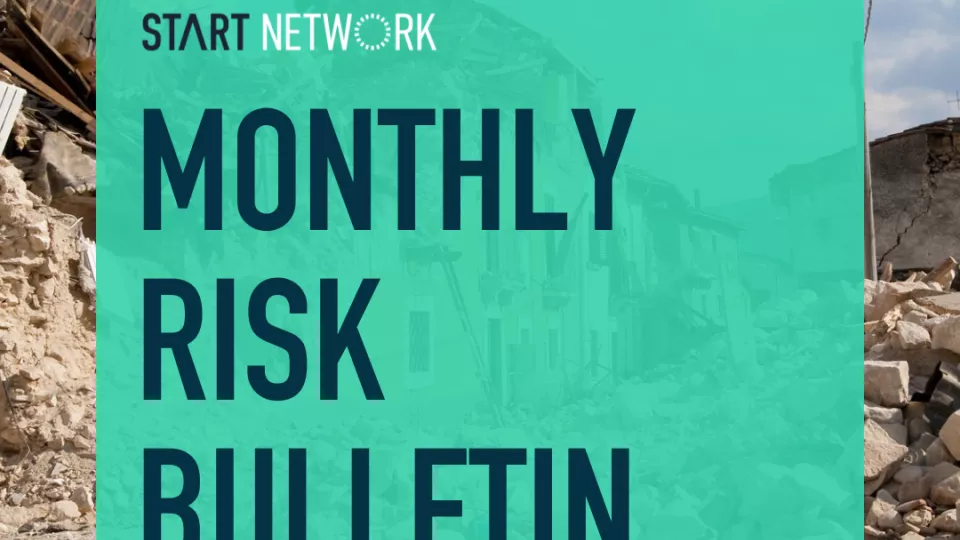
The Start Fund monthly risk brief reports on new, emerging, or deteriorating humanitarian emergencies which are classified as under the radar
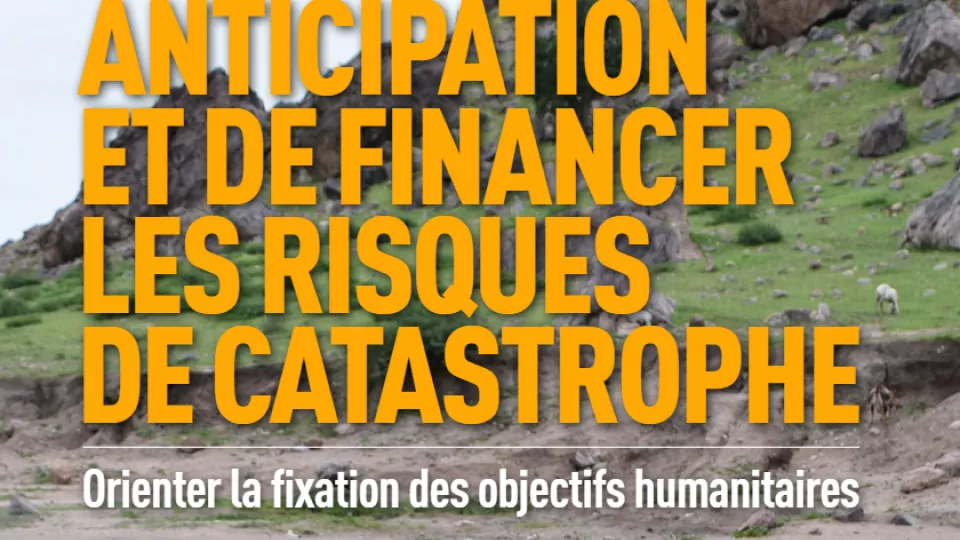
L’action humanitaire proactive et fondée sur l’évaluation des risques suscite un intérêt croissant, car elle permet d’apporter une aide plus rapide, plus efficace et plus digne aux communautés exposées aux crises. Les demandes de mise en œuvre à grande échelle de ces approches ont mis en exergue l’inadéquation des niveaux actuels de financement de l’action par anticipation et du financement de crise préétabli, ainsi que l’importance de fixer des objectifs qui permettent de mesurer les avancées. Néanmoins, ces objectifs varient considérablement, de même que ce qui constitue une ambition réaliste. Dans le cadre des crises qui bénéficient d’une aide internationale, quelle est la possibilité d’élaborer des plans, des financements et, dans la mesure du possible, de mettre en œuvre des mesures d’atténuation avant la survenue de l’événement proprement dit? La communauté humanitaire a pour défi de mettre à contribution les sciences et technologies actuelles pour nous permettre de prévoir et de nous préparer à l’escalade des risques de crise, tout en conservant les capacités pour faire face à des événements très complexes, interconnectés et/ou sans précédent. Ce document vise à fournir un cadre plus clair pour comprendre ce qui peut être anticipé, et dans quelle mesure. L'analyse de ce rapport montre qu’il existe une opportunité significative dans le cadre des crises humanitaires pour tirer profit des systèmes d’information sur les risques actuels ainsi qu’un vaste potentiel pour les risques de crise qui ne sont pas encore traités par les systèmes techniques existants. De plus, le rapport reconnaît qu'il y a des limites à la mesure dans laquelle les crises peuvent être prédites et le financement peut être organisé à l'avance. Cela renforce la nécessité que les mesures d'anticipation et de financement des risques de catastrophe soient complétées par d'autres mécanismes de réponse pendant et après une situation de crise et d'être adaptées aux crises et aux contextes individuels. Lire le rapport complet ici ENG FR ES

Start Network has been working with various key stakeholders and partners to influence greater change in the humanitarian system. Support our G7 calls to action as we forward working closely with local actors for more sustainable humanitarian and anticipatory action.

Start Network has launched Information is Power: Connecting Local Responders to the Risk Information that they Need, a paper which calls for organisations to connect people at risk of crises with forecast information, which can help to save lives, cut the costs of emergency response, and build more resilient communities.
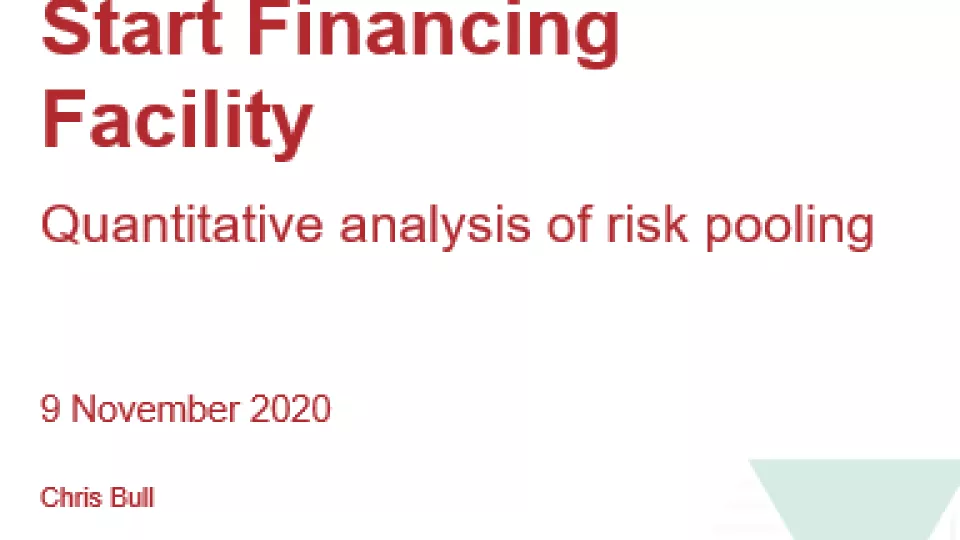
Start Network is working to provide more effective and efficient financing models for humanitarian aid. Specifically, to enable a predictable continuum of funding for when risks of different scale and severity start to materialise. This report, commissioned from the UK Government Actuary Department, provides technical advice around the funding of the Start Financing Facility (SFF). In particular, by providing a theoretical illustration of the financial implications of pooling a number of risks into a central risk pool. The paper investigates how the number, frequency and size of the risks will affect the demands on the central risk pool, and highlights options for the financial management of the pool.
This guide outlines some of the conceptual questions, and practical tools, that can be used to evaluate drought risk financing (DRF) initiatives. It offers a framework for thinking about the impact of drought risk financing, along with risk financing more broadly and the wider general issue of the added value of earlier humanitarian response.